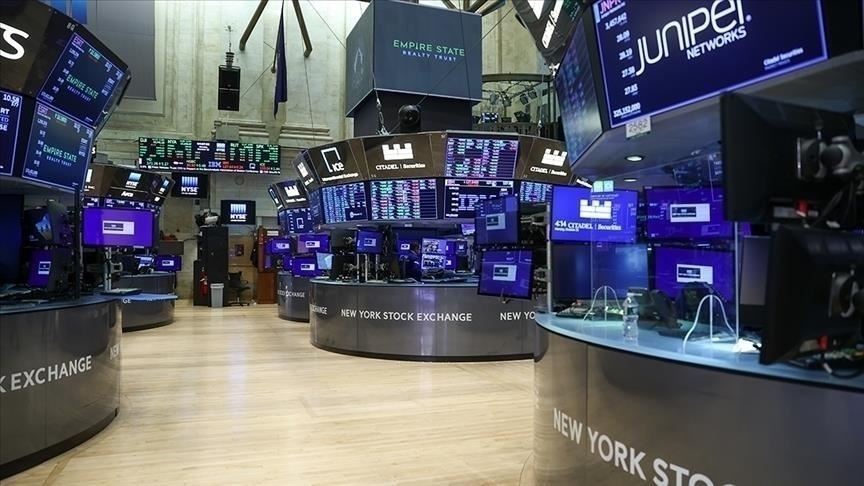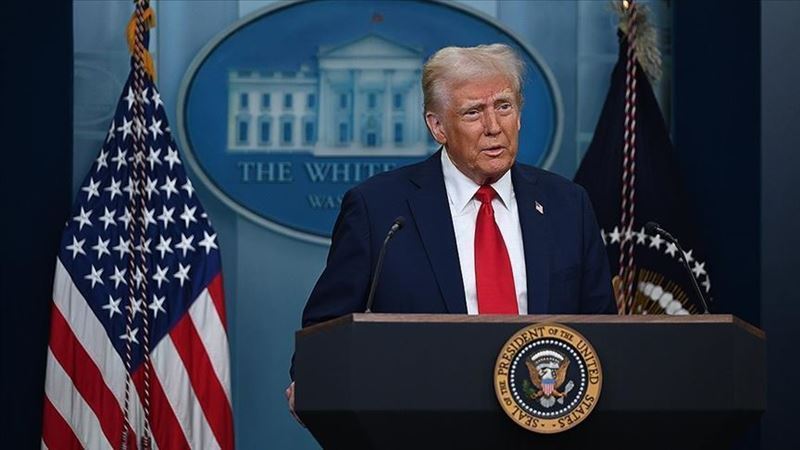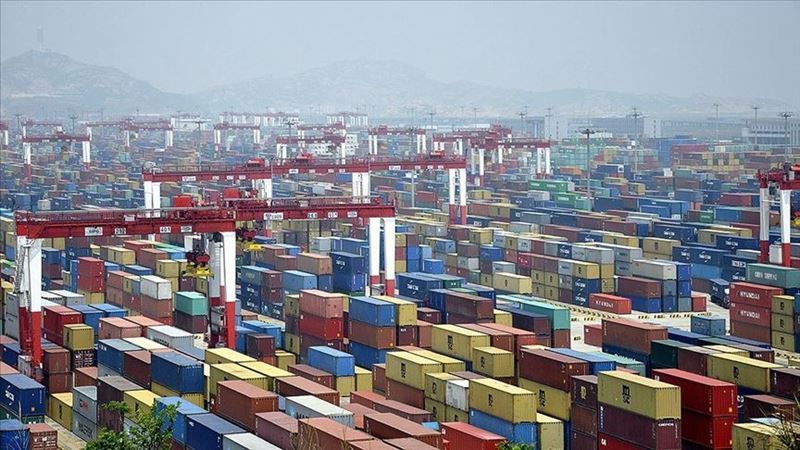As the Russia-Ukraine war continues to affect asset prices in global markets, yesterday, Russian President Vladimir Putin stated that it is meaningless to take the payment in dollars or euros for the supply of goods to the USA and the European Union (EU), saying, “Russians in the payments of natural gas sales to unfriendly countries. We plan to switch to the ruble.” said.
After Putin's statements, April futures natural gas contracts in Europe increased by more than 20 percent to 118 euros, while the price of a barrel of Brent oil increased by 5.7 percent to $ 117.8 yesterday.
While it has been announced that the European Union will demand priority in the supply of liquefied natural gas (LNG) from the USA upon these developments, EU Commission President Ursula von der Leyen will bring the issue to the agenda in her meeting with US President Joe Biden.
The Central Bank of Russia announced that the Moscow Stock Exchange, which has been closed since February 28, will open the shares of 33 companies today. It is stated in the statement that short sales are prohibited, and that the transactions will take place between 09:50 and 14:00 CEST.
On the other hand, US Federal Reserve (Fed) officials continue to support the 50 basis point rate hike in their verbal guidance.
Speaking yesterday, St. Louis Fed President James Bullard stated that the Fed should make more aggressive rate hikes to control inflation.
San Francisco Fed President Mary Daly said that they will do whatever it takes to ensure price stability.
With these developments, the probability that the Fed will raise interest rates by 50 basis points in May has increased to 67 percent in the bond markets.
After his contacts in Brussels yesterday, Biden will attend the NATO summit, the G7 summit and then the European Council summit, with the agenda of the Russia-Ukraine war. Biden will visit Poland after the summit with NATO leaders.
US National Security Advisor Jake Sullivan, who made statements on the subject that China is helping Russia, which is one of the issues that feeds the risk perception for a while, said that they did not see that China provided military support to Russia in the war in Ukraine or that they did not have such evidence. told.
Yesterday, the S&P 500 index lost 1.23 percent in the New York stock market, the Nasdaq index lost 1.32 percent and the Dow Jones index lost 1.29 percent. In the US, index futures contracts are moving in an upward trend on the new day.
While the Russia-Ukraine war in Europe continued to be influential on the regional economy, the selling pressure in the stock markets got stronger after Putin's statements yesterday.
European Central Bank (ECB) Committee member Ignazio Visco stated in his statements yesterday that such a strengthening of inflation was a surprise to them, and that stagflation could occur if there is not sufficient policy reaction.
With these developments, the euro/dollar parity, which lost 0.2 percent yesterday, started the new day with a decrease, and is currently trading at 1.0980, 0.2 percent below the previous closing.
Yesterday, the FTSE 100 index in England fell by 0.22 percent, the DAX 30 index in Germany by 1.31 percent, the CAC 40 index in France by 1.17 percent and the FTSE MIB 30 index in Italy by 0.96 percent. European indices are trending with buyers, albeit limited, in futures today.
Risk appetite remains low after the most important IT company Tencent recorded its weakest growth to date in the balance sheets announced yesterday with the rising commodity prices in Asian stock markets. Tencent shares are trading on the Hong Kong stock exchange, down 4%.
The continuation of the depreciation of the Japanese yen against the dollar, on the other hand, supports the export company shares, eroding the selling pressure in the Japanese stock markets.
According to the data released in Japan today, the Manufacturing Industry Purchasing Managers Index (PMI) rose to 53.2 and the service sector PMI to 48.7.
While the Nikkei 225 index was flat in Japan, close to the closing, the Shanghai composite index in China lost 0.40 percent and the Kospi index in South Korea depreciated by 0.26 percent.
After seeing its highest level since February 2016 with 121.5 today, the dollar/yen parity finds buyers at 121.3 with an increase of 0.2 percent compared to the previous close.
In the domestic market, the BIST 100 index, which ended the upward streak that lasted for five trading days yesterday, finished the day at 2,183.10 points with a decrease of 0.26 percent. The dollar/TL, which closed at 14,8371 by gaining 0.1 percent yesterday, finds buyers at 14,8220 at the opening of the interbank market today.
Analysts stated that the news flow about the Russia-Ukraine war remains at the center of the agenda, and that the news flow from the meetings that US President Biden will attend in Europe today may affect asset prices.
Analysts stated that they will follow the summary of the Central Bank of the Republic of Turkey (CBRT) Monetary Policy Committee meeting and the news from the meeting of the CBRT Chairman Şahap Kavcıoğlu with investors today. He said orders for goods came to the fore.
Analysts noted that technically, 2.195 and 2.220 levels in the BIST 100 index are in the resistance position and 2.130 points are in the support position.
The data to be followed in the markets today are as follows:
11:30 Germany, manufacturing industry and service sector PMI for March
12:00 Eurozone, manufacturing and services sector PMI for March
12:30 UK, manufacturing industry and services sector PMI for March
14.00 Turkey, CBRT Monetary Policy Committee meeting summary
14:30 Turkey, weekly money and bank statistics
15:30 USA, 2021 4th quarter balance of payments
15:30 US, weekly jobless claims
15:30 US, February durable goods orders
16:45 US, manufacturing and services PMI for March











Comments
No comment yet.